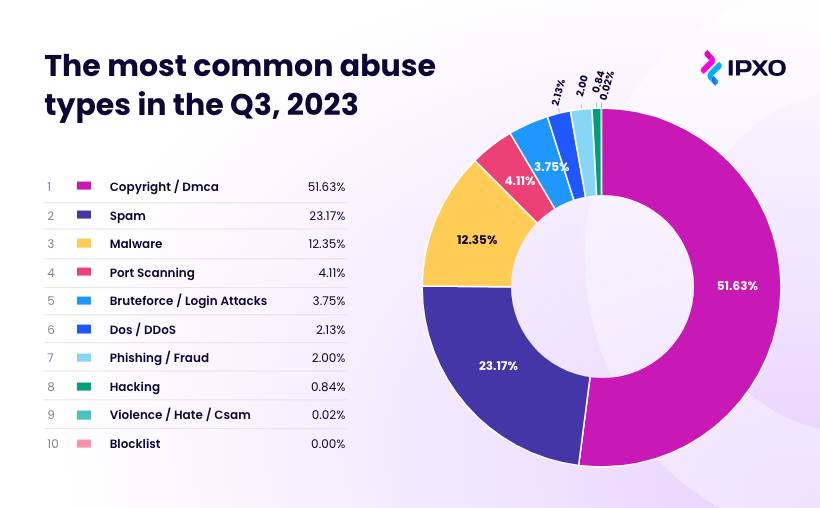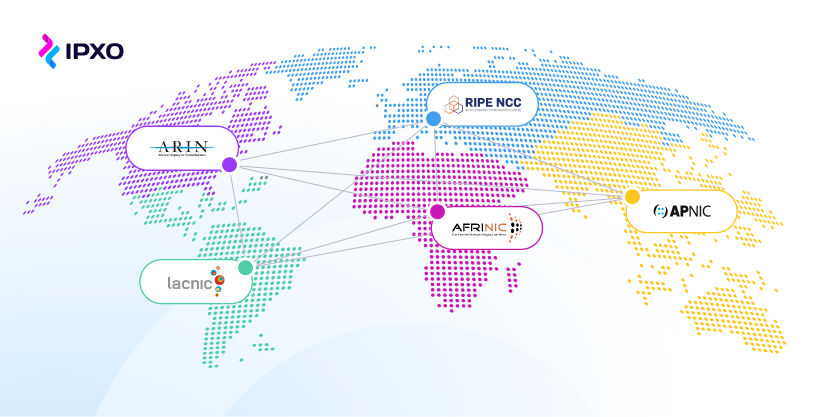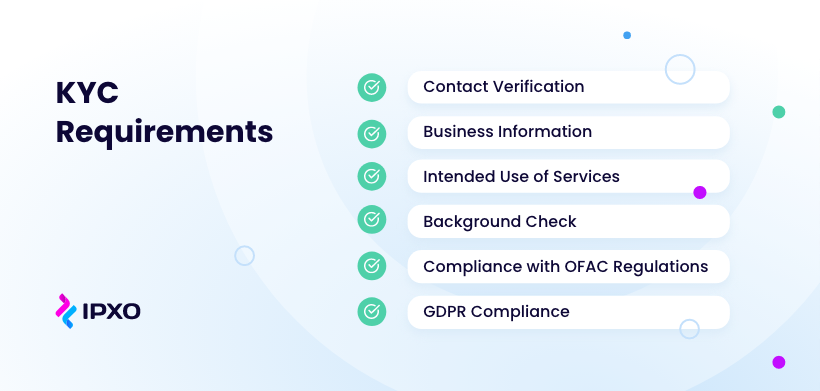Top 10 Benefits of Leasing IP Addresses for IP Holders
6 min read
27 October 2023
Agnė Srėbaliūtė
Explore the top 10 benefits of leasing IP addresses with IPXO. Maximize income, protect your IP resources, and gain full control.

About the author
Agnė is a Technical Content Writer at IPXO. For more than 15 years she has been molding her skills in various fields, including PR copywriting, SEO copywriting and creative copywriting. Her lifestyle is based on continuous learning through numerous areas of interest, leisure activities and travelling. Addictions? Hiking and coffee.
Table of contents
Related reading
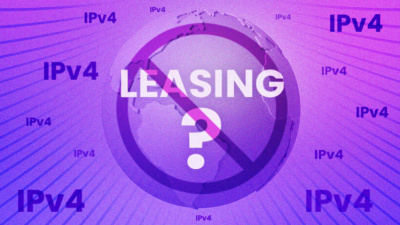
22 March 2023 •
IP Leasing
Opinion: IP Leasing Should Become a Market Standard
Learn why IPv4 leasing should become a market standard, which would bring many benefits in a more competitive environment, leading to additional revenue for all parties involved.
Read more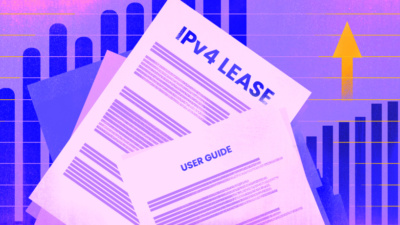
20 February 2023 •
IP Leasing
The Ultimate Guide to IPv4 Lease for IP Lessees
IPv4 lease enables companies to scale networks without purchasing expensive IPs and spending additional resources on IP management and IP reputation monitoring. Discover how to lease IPs with ease…
Read more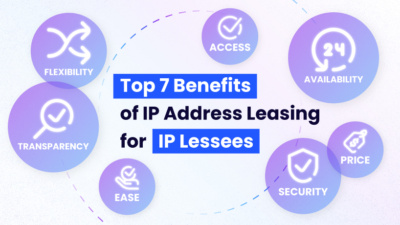
15 February 2023 •
IP Leasing
Top 7 Benefits of IP Address Leasing for IP Lessees
Why do more and more companies choose to lease IPv4 resources instead of buying them? There are several significant benefits that these companies have discovered.
Read moreSubscribe to the IPXO email and don’t miss any news!
